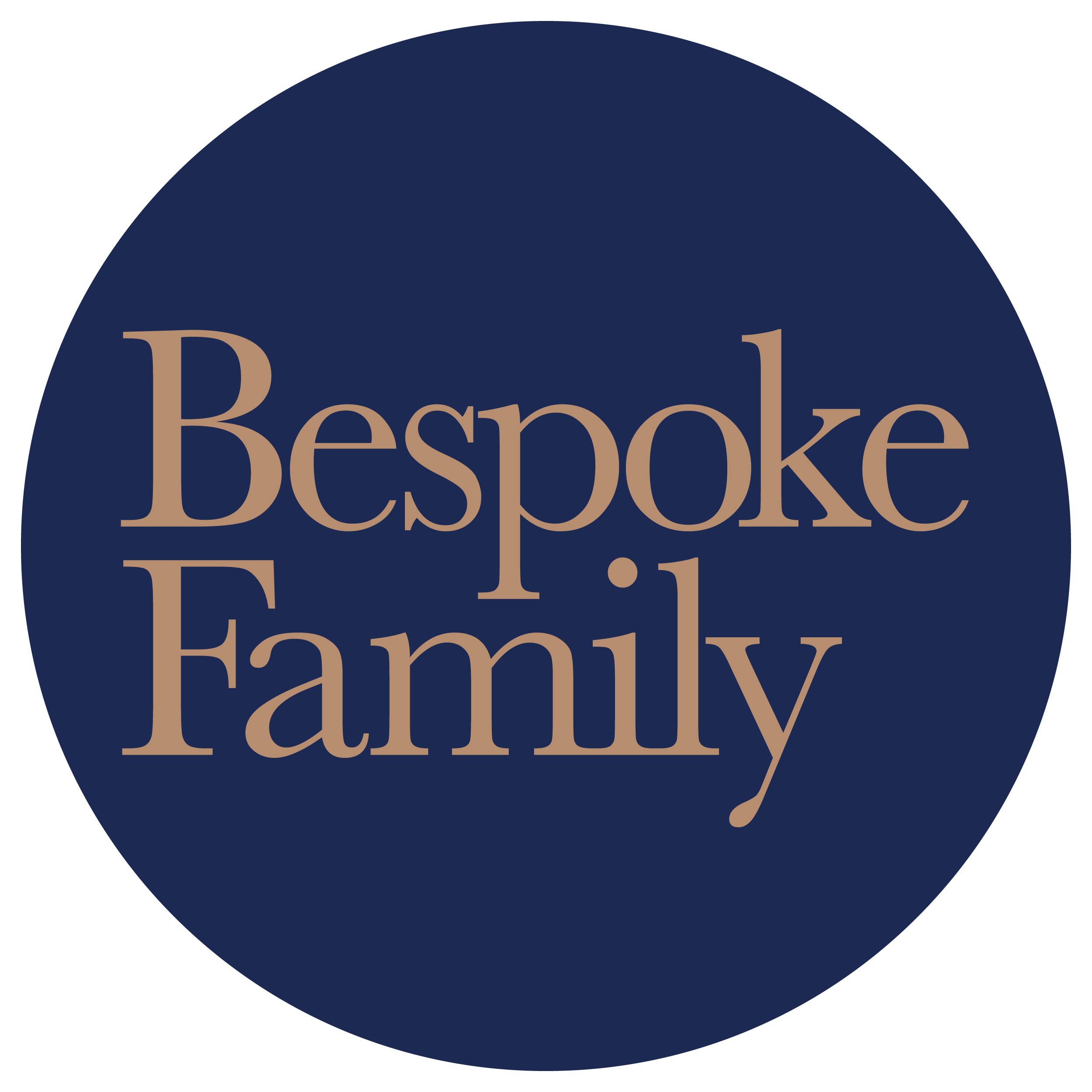How to handle children using swear words!
Written by Claire Burgess, Family Consultant
When your child uses a swear word for the first time, it can trigger a range of reactions. Some parents may find it funny, while others might feel shock, disappointment, or embarrassment (or a mixture of all of these feelings). However, it's essential to understand that children often experiment with language as they learn and grow.
Understanding why children use swear words and how to react
Young children, especially those under four, may not grasp the concept of "good" or "bad" words. They hear words around them and may try using them to gauge reactions. As parents our response is crucial in shaping how this situation unfolds. Reacting strongly can confuse or intrigue children. It's therefore essential to remain calm and neutral, both in our verbal responses and body language.
For some parents / caregivers when their child first uses a swear word it can make them laugh which can be confusing for a child. If they see this when they say a swear word, they might do this a few times to gauge the reaction again or they might be encouraged to say the word again to other people because the adults have found it funny. Then, once this moment has passed, and they are then told not to use this word again, it can be extremely confusing.
Instead of reacting with shock or anger (or even finding it funny), calmly ask your child about the word they used. For example, you might say, "I haven’t heard you use that word before. Do you know what it means?" Often, they don't understand the word's meaning, and it's an opportunity to explain that some words are not appropriate for use in your house and offer alternatives. As role models, we need to be mindful of the language we use around our children. They look up to us and might mimic our behaviour, including the words we use. Therefore, watching our language and having alternatives to swear words can be helpful.
Understanding older children's perspective
For older children, swearing may be a way to seek attention, express emotions, or fit in with peers. While it can be challenging to hear your child use swear words, it's can help to understand the context in which they use them, for example, are they only doing this around their peers, but when on their own at home they don’t swear at all? If they can control their language and understand when it is and isn’t appropriate to use certain words, it may be necessary to respect this and allow them some freedom when it comes to using swear words.
Handling questions about swear words
When your child asks about the meaning of a swear word, it can be a delicate situation! While you may hesitate to answer, avoiding the question could lead to further curiosity and use of the word. Instead, provide them with an honest and as accurate answer as you can that is appropriate for their age. Giving a straightforward answer can often remove the intrigue or shock value associated with the word and they then don’t want to use it any more. It is important to remember that your child / children trust you and will be looking for an honest answer. If you tell your child the incorrect meaning of a word, they may then go to their peers and tell them the meaning that you have provided to them – and this is wrong – it is likely to cause them to be embarrassed in front of their peers and in turn will lead to them questioning their trust in what you are telling them.
Offering alternative strategies for expressing frustration or strong emotions can be beneficial. Role modelling alternative language use and establishing house rules around appropriate language can help reinforce positive communication habits.
The use of swear words is very much down to each individual family; for some it will be an absolute no and for others it may be less so. There is no right or wrong answer but by responding calmly, setting clear boundaries, and offering alternatives, you can help guide your children toward what you are happy with in terms of respectful and appropriate use of language.
While you are here we have lots more blogs on various topics which you can find here, as well as our downloadable webinars on topics such as behaviour and emotions, sleep and toilet training.
Don’t forget that we offer parent consultations should you need support with anything from sleep to behaviour and so much more! Details of the packages we offer can be found here.
We also have a Podcast ‘Newborn to Teen and Everything in Between’, you can listen here.



